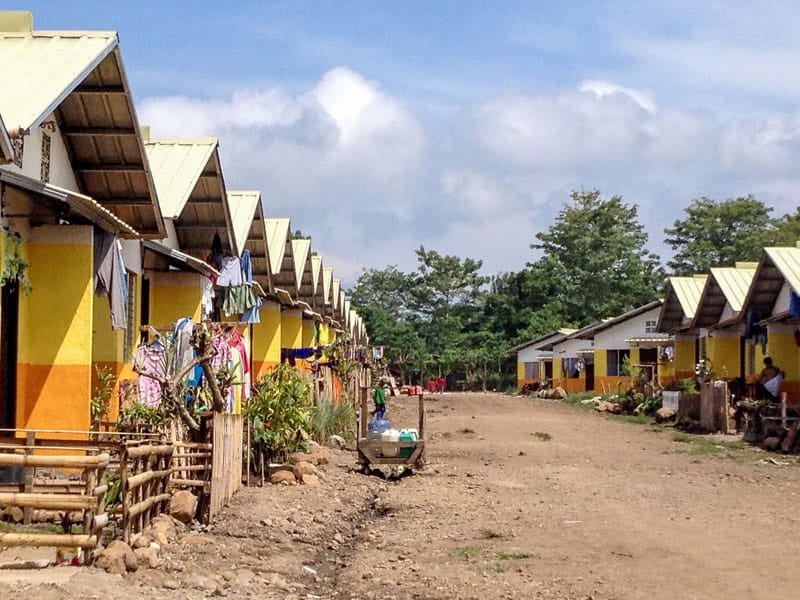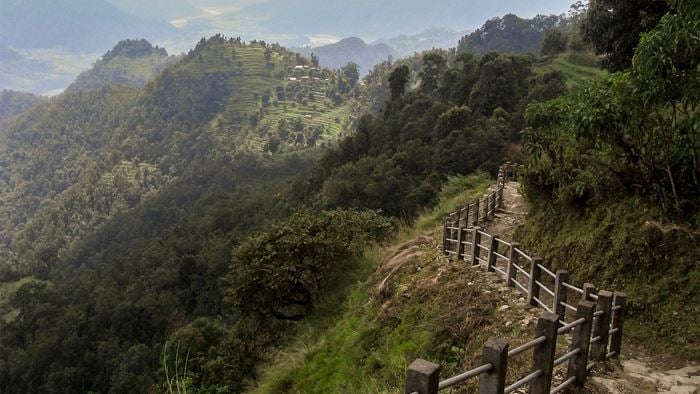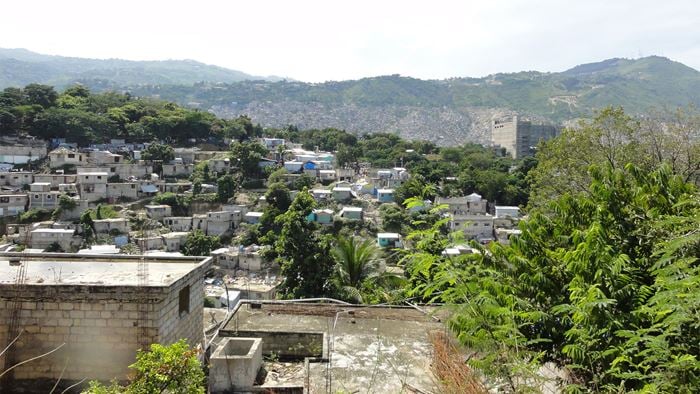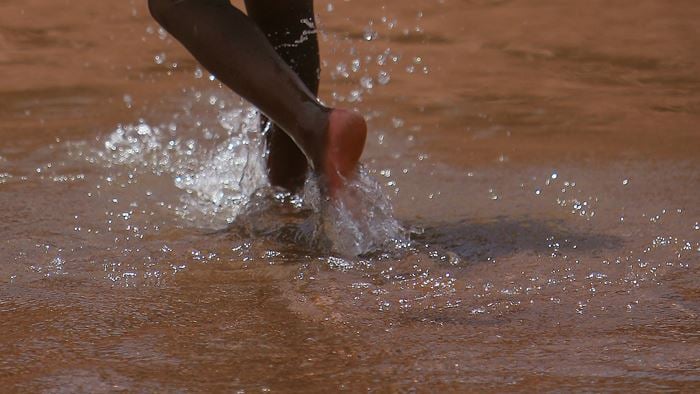Habitat for Humanity (HFH) and Christian Aid (CA) often respond to urgent shelter needs during emergencies. Their responses can range from provision of basic items such as plastic sheeting, nails and tools in the immediate aftermath of a disaster, to the construction of transitional shelters or large-scale reconstruction of houses. Both work through local partners, whose experience and capacity can differ widely. This can lead to significant variation in the quality, timeliness, cost-effectiveness and final result of their programmes.
Arup International Development was asked to undertake a comprehensive shelter-specific review of their responses over a 10-year period to uncover which responses have been most effective and why.
We undertook fieldwork to gain an in-depth understanding of HFH’s programme in the Philippines following Severe Tropical Storm Washi (Sendong) in 2011 and HFH and CA’s programmes following the Haiti earthquake in 2010. By comparing and contrasting the programmes from two different organisations particular strengths, weaknesses and commonalities were emphasised.

Through a mixture of fieldwork, desk based research and interviews we were able to provide recommendations for future programmes, areas for further research and potential collaborative work. We also identified appropriate actions that could be taken prior to a disaster to improve the resilience of communities, and enable a more rapid response to shelter needs in the aftermath.
.jpg?h=1126&w=2000&hash=31C713BA77AABAEB79E3CB94FC6DDD1C) ;
;




